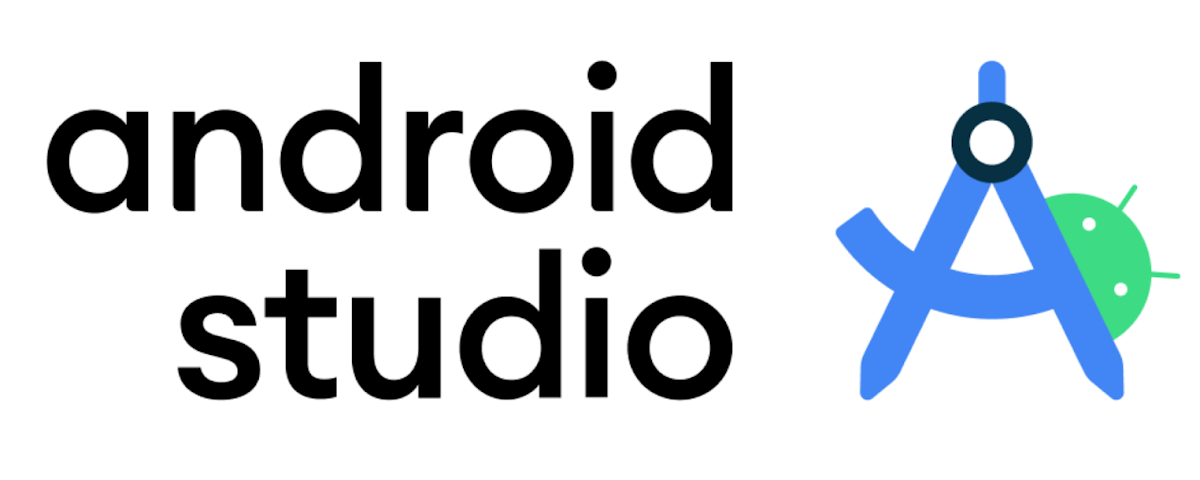Unleashing Creativity: Exploring the Power of Android Studio in App Development
Unleashing Creativity: Exploring the Power of Xcode in App Development
May 25, 2024
Introduction: Unraveling the Potential of iOS SDK
May 25, 2024Unleashing Creativity: Exploring the Power of Android Studio in App Development
Thank you for reading this post, don't forget to subscribe!Introduction: Empowering Developers in the Android Ecosystem
At the forefront of Android app development stands Android Studio, Google’s official integrated development environment (IDE) tailored specifically for building Android applications. In this blog, we delve into the capabilities, features, and best practices of Android Studio, uncovering the tools and resources that empower developers to create innovative and engaging Android apps.
Getting Started with Android Studio
Installation and Setup
Android Studio is available for download from the official Android Developer website and is compatible with Windows, macOS, and Linux operating systems. Once installed, developers can configure the IDE to their preferences and start building their first Android project.
Interface Overview
Android Studio boasts a user-friendly interface, with a suite of tools and functionalities designed to streamline the app development process. From code editing and debugging to layout design and performance profiling, Android Studio provides developers with a comprehensive environment for building, testing, and deploying Android apps.
Leveraging the Power of Kotlin
Kotlin Programming Language
Android Studio supports Kotlin, a modern and expressive programming language that has gained widespread adoption among Android developers. With its concise syntax, null safety features, and seamless interoperability with Java, Kotlin enables developers to write clean, readable code that is both efficient and maintainable.
Seamless Integration
Android Studio seamlessly integrates with Kotlin, providing developers with tools and resources to write, refactor, and debug Kotlin code with ease. Whether developers are new to Kotlin or seasoned veterans, Android Studio offers a seamless development experience that encourages productivity and innovation.
Designing Dynamic User Interfaces
Layout Editor
Android Studio’s Layout Editor simplifies the process of designing user interfaces for Android apps, allowing developers to visually create and customize layouts using drag-and-drop functionality. With support for ConstraintLayout and other layout types, developers can create responsive and dynamic UIs that adapt to different screen sizes and orientations.
Material Design Components
Android Studio includes a rich library of Material Design components, enabling developers to create polished and consistent user interfaces that adhere to Google’s design guidelines. By leveraging Material Design components, developers can ensure that their apps provide a modern and intuitive user experience that resonates with users.
Testing, Debugging, and Deployment
Android Emulator
Android Studio comes bundled with the Android Emulator, a powerful tool for testing and debugging Android apps across different device configurations. With support for hardware acceleration and advanced features like snapshots and virtual sensors, the Android Emulator provides developers with a reliable testing environment for their apps.
Gradle Build System
Android Studio utilizes the Gradle build system to automate the build process and manage project dependencies. With Gradle, developers can customize build configurations, define product flavors, and optimize build performance, ensuring that their apps are built efficiently and reliably.
Conclusion: Empowering Innovation with Android Studio
In conclusion, Android Studio stands as a cornerstone of innovation in the Android ecosystem, providing developers with the tools and resources they need to build exceptional Android apps. From Kotlin programming to layout design, testing, debugging, and deployment, Android Studio offers a comprehensive development environment that empowers developers to bring their ideas to life and create meaningful experiences for users worldwide.
As technology evolves and user expectations continue to rise, Android Studio remains at the forefront of app development, driving innovation and enabling developers to push the boundaries of creativity and ingenuity. With Android Studio as their ally, developers can embark on a journey of exploration, discovery, and innovation, unlocking endless possibilities in the world of Android app development.
For more information: www.ecbinternational.com


